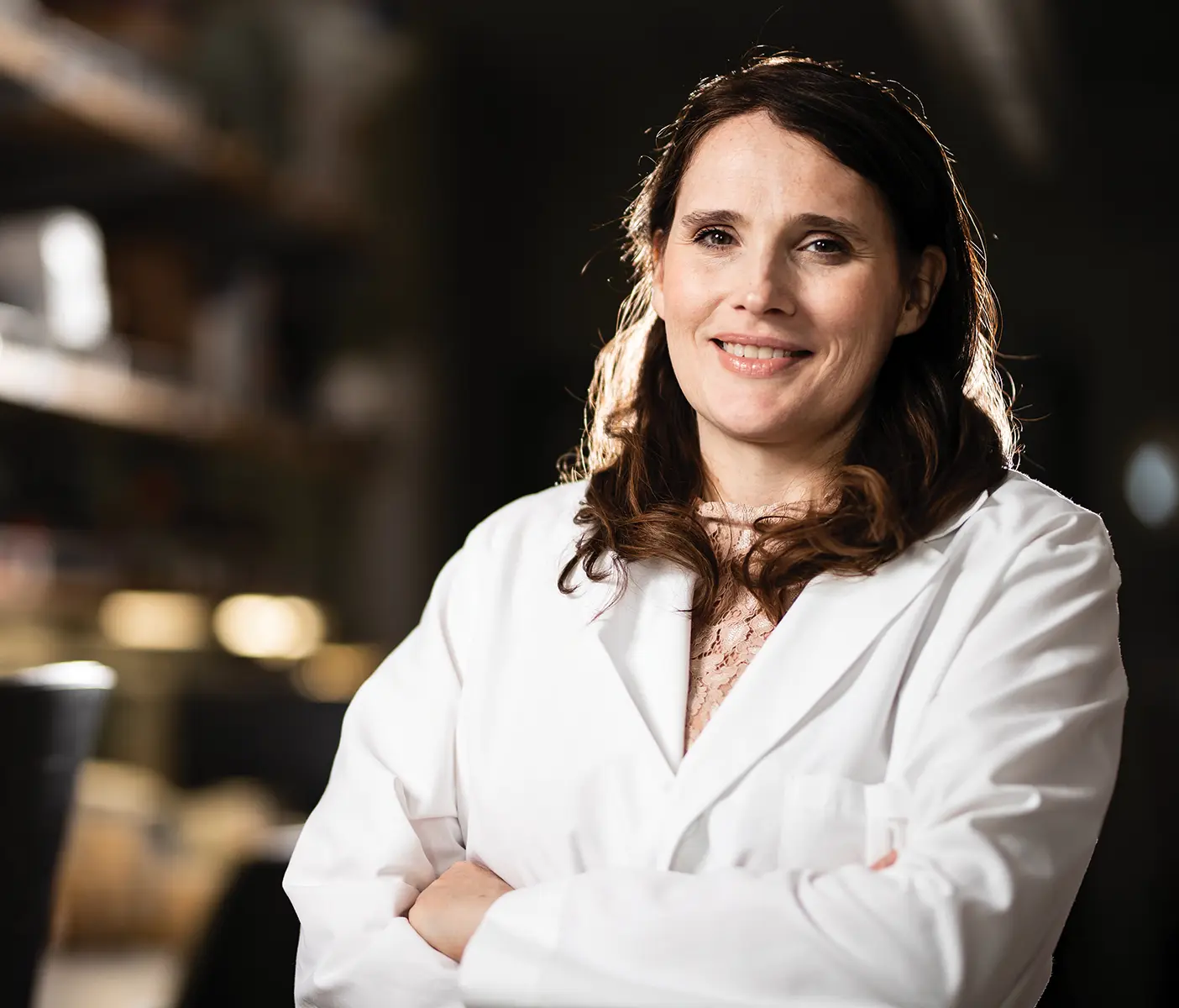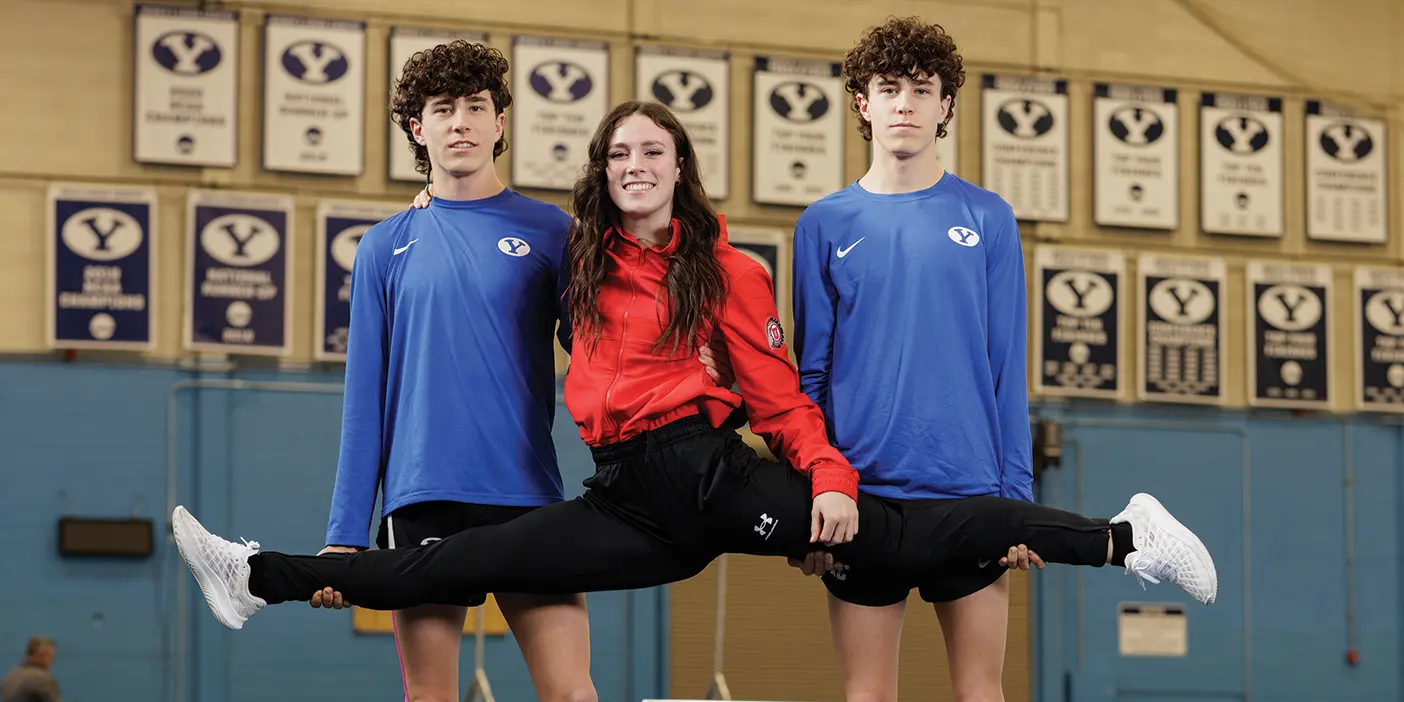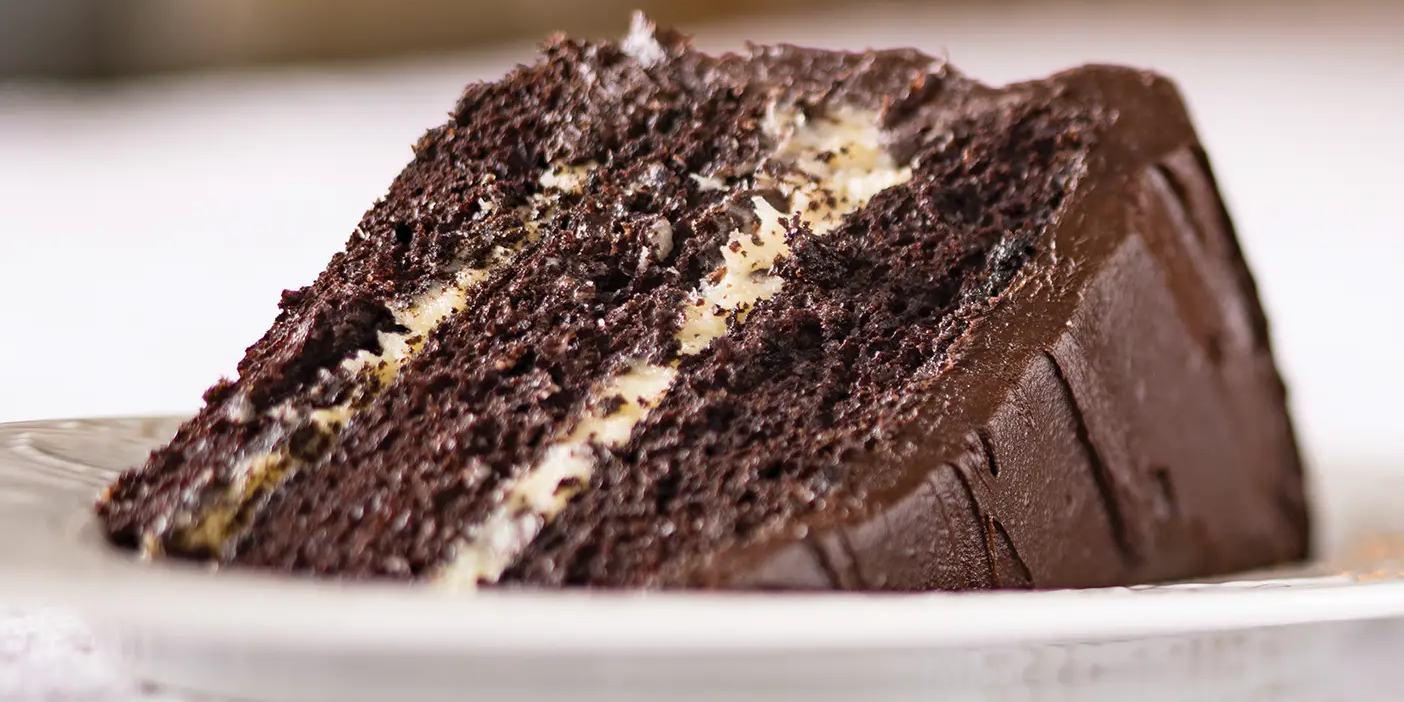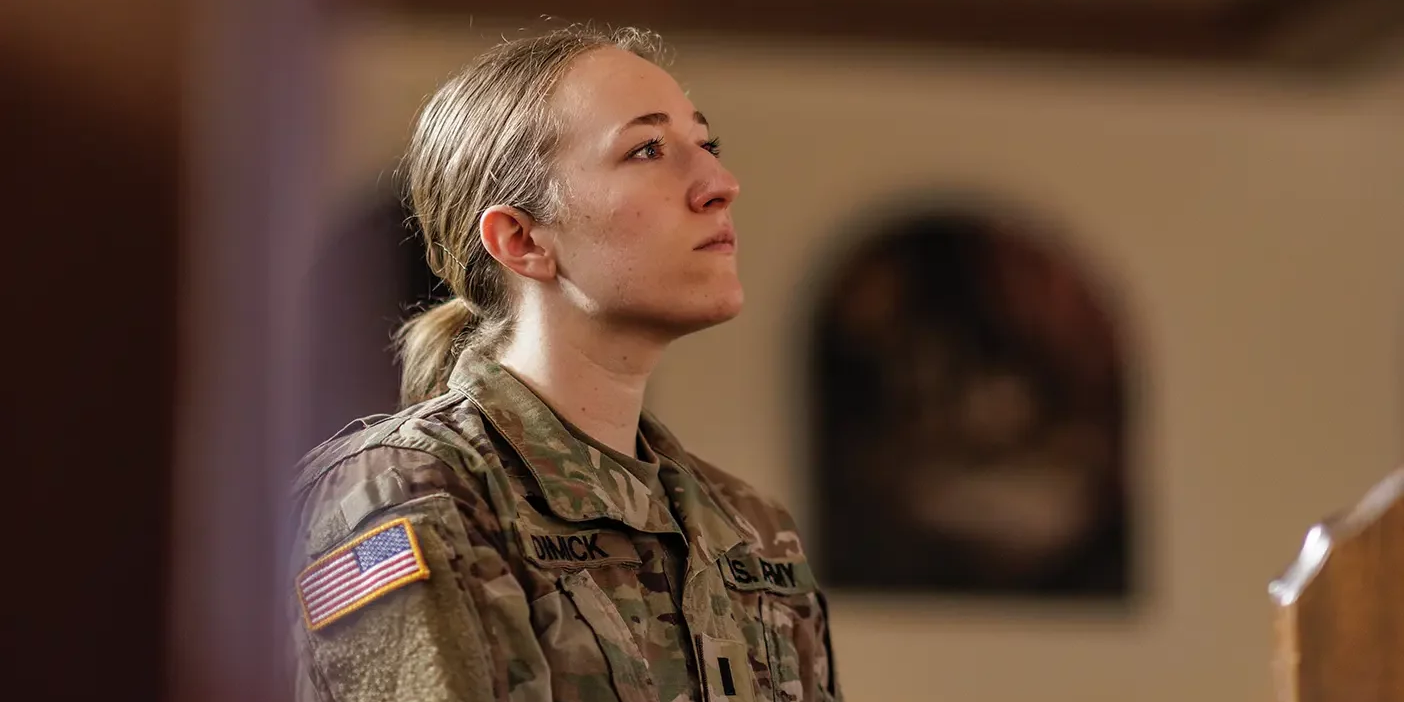A professor has inspired more than 5,000 BYU students to register as bone-marrow donors.

“Every time we register 50 to 100 people, we know we’ve probably just saved a life,” says Julianne Grose, molecular-biology professor and honoree of the Be the Match 2022 Lives Award.
Grose leads the BYU chapter of the National Marrow Donor Program’s Be the Match on Campus initiative, which encourages interested students to register as potential bone-marrow donors.
Under Grose’s leadership more than 5,000 BYU students have joined the registry in the past five years. So far at least 46 current or former students have matched with blood-cancer patients in need and donated to save a life.
“I just believe in it,” says Grose, who is motivated by the experience of her family. In 2003 Grose’s brother-in-law was diagnosed with non-Hodgkin’s lymphoma and was unable to find a match for a bone-marrow transplant. Grose and her family felt helpless—a feeling she didn’t want anyone else to experience.
Finding a match can be tricky—tissue for a bone-marrow transplant has to be extremely precise. A potential donor has only about a 1 percent chance of eventually matching with someone, and the average chance of matching with any given stranger is about one in a million. That’s why growing the registry is critical.
Grose enjoys seeing how volunteering affects students. “In the hall . . . I’ll pass a student who will say to me, ‘Hey, I just registered,’ ‘I just got called,’ ‘I just donated!’ They love that they saved somebody’s life.”
One such student is Carson W. Sork (’23), who first learned about Be the Match as a freshman in one of Grose’s classes.
“It just stayed in the back of my head like an itch,” says Sork. “One day I finally followed through and mailed in the cheek swabs.”
Sork forgot about it until 2021, when he was matched with a 67-year-old woman with a rare cancer.
Having lost his own grandmother unexpectedly to cancer a few years earlier moved him to donate.
“If I’d had the opportunity to have a little more time with my grandma and someone else had the power to give me that time, I would have been really grateful,” Sork says. “Donating is a Christlike thing I can do.”












